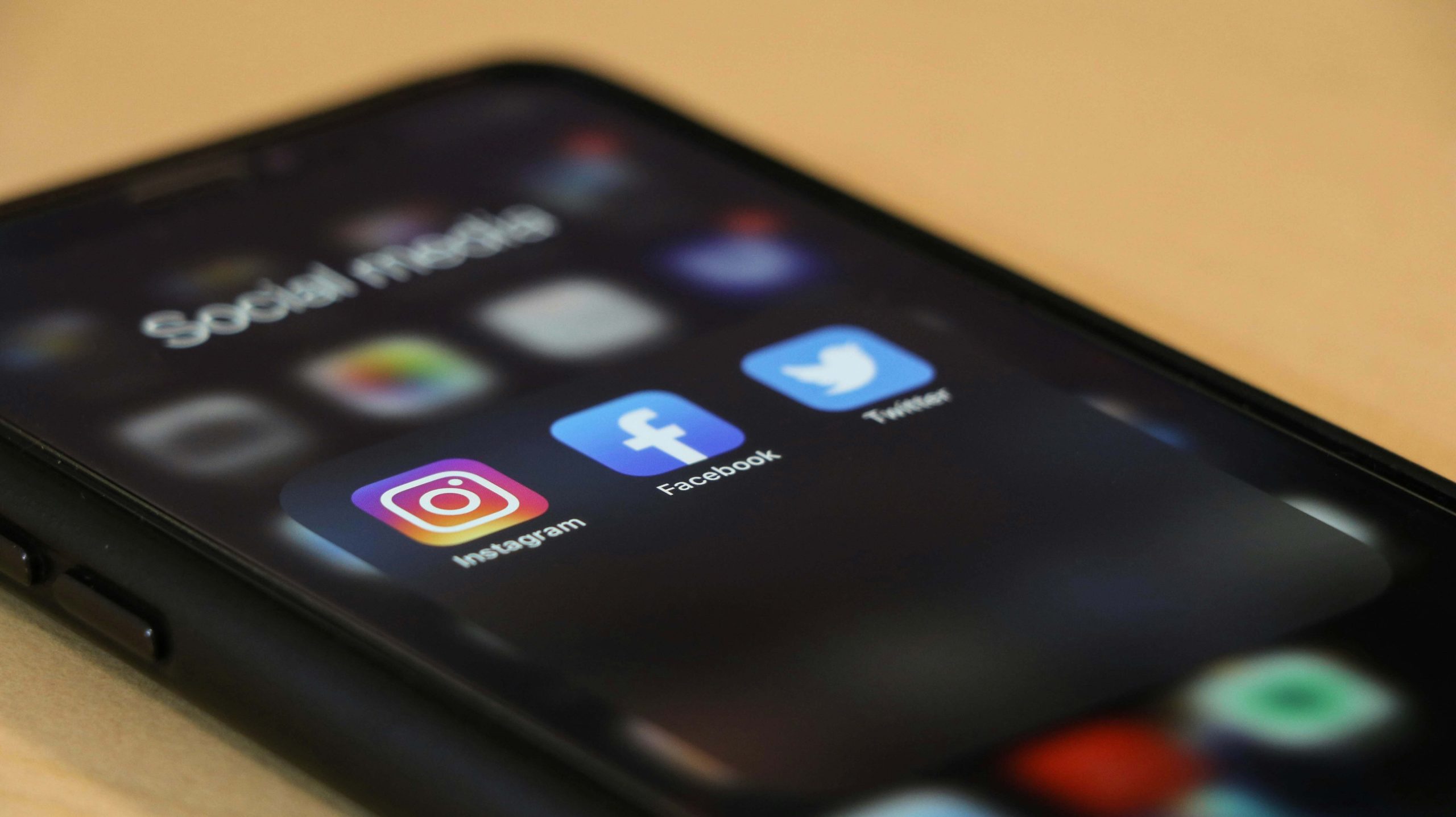World Mental Health Day is being celebrated today, 10th October. This year’s theme, set by the World Federation of Mental Health, is workplace mental health. What better day to address the importance of destigmatising mental health and creating a safe space in which to be open and vulnerable about how you’re feeling?
The World Health Organisation estimated that 1 in 8 people endured a mental health problem in 2019. Spending a big portion of our lives at work, our mental health (unfortunately) cannot be left at home once we leave for the office. In fact, mental health affects job performance, creativity, engagement, and overall life satisfaction.
This Burnout Report published in January 2024 by Mental Health UK revealed that over a third of adults in the UK have experienced high or extreme levels of pressure and stress “often” or “always” in the past year (35%). According to that same report, one in five workers have needed to take time off due to poor mental health caused by pressure or stress in the past year.
As most of us are already aware, mental health is just as important (if not more important) than our physical health – and with poor mental health costing UK employers £51bn a year – why is it still a taboo in the workplace?
Many employees feel uncomfortable telling their employers that mental health challenges are the reason they had to take time off. Struggling with your mental health can often mean you are not seen as a “productive” worker, and for some, disclosing such issues meant facing discrimination at work. 65% of women do not feel comfortable discussing mental health at work or disclosing it as the reason for taking time off.
Mental Health UK’s chief executive, Brian Dow, has warned that the UK is “rapidly becoming a burnt-out nation”. Although public attitudes and understanding towards mental health and work have changed, life outside of work has become increasingly challenging due to the cost of living crisis, climate change, and the constant bombardment of news about death and destruction, fuelling further anxiety and stress.
The Global Business Collaboration for Better Workplace Mental Health says that part of the issue is that we are not talking enough – senior members of workplaces should openly address mental health and employees should feel safe saying “I’m having a bad mental health day today”. If we are able to feel supported, even on our bad days, that not only makes us feel better and understood (as people) but also lightens our load as employees. Actual tangible changes such as reducing workloads or allowing people more control over their time management is as important as raising awareness.
It also seems that women sometimes struggle more than men – the latest Women @ Work report from Deloitte has shown that almost half of the women surveyed in the UK said their stress levels had gone up, and that fewer women than last year feel supported by their employers in balancing their work responsibilities with their commitments outside of work. However, women who work for organisations that have higher levels of gender equality in their leadership feel safer and more supported in talking about their mental health at work.
So despite all of the awareness campaigns, has any tangible change actually occurred?
With NHS Talking Therapies only offering 4 free sessions, after weeks of waiting for a referral, it seems that the government isn’t doing enough to tackle mental health-related issues and a big part of the burden falls on employers. Many organisations offer company-sponsored therapists as part of their benefit packages, while other employers allow employees to personalise their benefits (we do this via Pirkx) and make use of counselling services if they need to.
Employers should recognise that we are all human after all, and not machines that can work at 100% productivity every second of every day: taking time off is incredibly important and a work-life balance is vital to bettering employees’ mental health. By prioritising your mental health and looking after yourself, you can then also feel more confident in tackling your work responsibilities. Companies should put policies into place to allow employees to feel supported, be able to take mental health days off, reduce job-stress and pressure, and prohibit discrimination on the basis of mental health. With research showing that just 15 minutes of physical movement can positively impact our mental state, companies can also offer a paid daily 15-minute desk break as part of the working day.
Unfortunately, the biggest part of the burden falls on employees themselves. Whether that is learning to say ‘no’ to meeting the deadline or taking on extra work, or meditating in the morning, or even having a hard rule to not answering work-related messages outside of work hours, employees often have to take it upon themselves to be assertive and avoid burnout.
So this Mental Health Day, I urge you to prioritise yourself and ask your employer what policies they have in place to safeguard your mental health.



